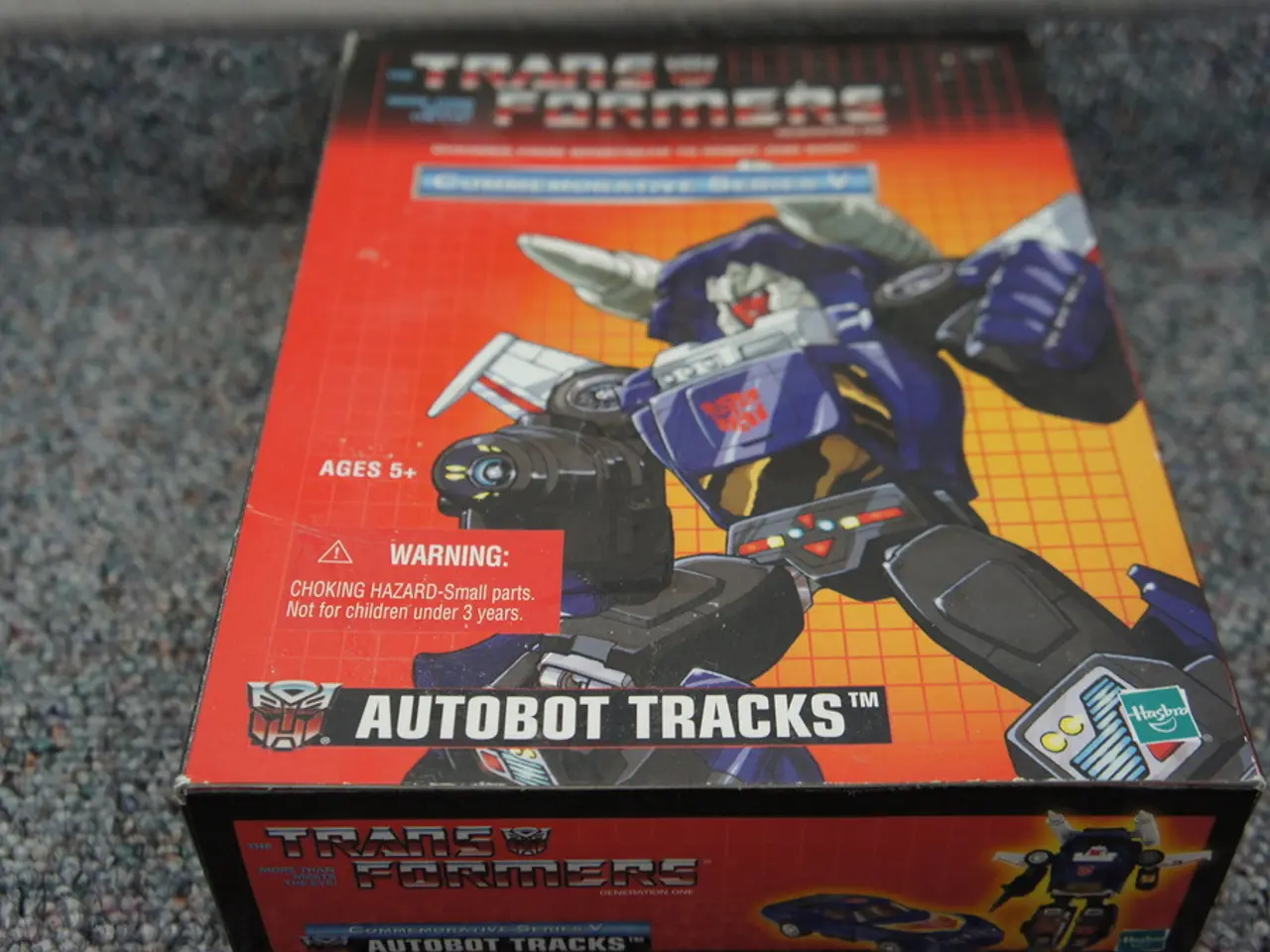Pondering Over Reliability of AI during a Product's Lifespan?
In the rapidly evolving world of manufacturing, artificial intelligence (AI) is accelerating the transition to fully automated processes. Bosch Rexroth, a leading name in the industry, is embracing this change with its open platform control system, the ctrlX CORE, equipped with the Hailo extension module for AI capabilities.
AI is revolutionising manufacturing by implementing enhanced machine decision-making, improving perception and understanding of the manufacturing environment, and increasing human-robot collaboration. By empowering machines to make intelligent decisions based on real-time data and adapt to changing conditions, AI is transforming the manufacturing process, as Bosch Rexroth believes.
However, integrating AI into manufacturing processes requires careful planning and execution. Garrett Wagg, the ctrlX AUTOMATION Product Manager - Automation & Electrification for Bosch Rexroth, emphasises the importance of trusting AI in a product's lifecycle. Manufacturers should identify specific pain points and set measurable goals, ensuring a robust data strategy and quality, and integrating AI solutions with existing systems seamlessly.
Skilled AI practitioners who understand both manufacturing operations and AI technologies are essential. Bosch Rexroth acknowledges the need for investments in training or partnering with experts specializing in manufacturing AI to bridge talent gaps.
Security and compliance are critical concerns when adopting AI. Strong cybersecurity frameworks and compliance with relevant industry standards are necessary to protect manufacturing environments from potential risks around sensitive data and operational security.
Scalability and flexibility are also key considerations. Incorporating AI architectures that scale beyond pilot projects and are flexible enough to handle diverse and evolving production data types and workflows is crucial for long-term success.
Explainability and trust are vital for AI adoption. Bosch Rexroth ensures AI models can provide explainable outputs to foster trust from operators and engineers, facilitating better adoption and informed decision-making.
Lastly, cultural and organisational readiness is essential. Aligning AI initiatives with business transformation goals, fostering an innovation culture that leverages AI to create new business models, products, or customer experiences, is key to a successful AI integration.
By addressing these factors, manufacturers can successfully harness AI to enhance process efficiency, innovation, and competitive advantage in their operations. Bosch Rexroth's commitment to AI integration in manufacturing, as demonstrated by the ctrlX CORE, underscores its belief in the transformative power of AI in the industry.
In the manufacturing industry, technology advancements such as artificial intelligence (AI) are being leveraged to improve process efficiency and achieve a competitive edge. To integrate AI effectively, manufacturers should invest in training skilled AI practitioners, ensure security and compliance, define scalable and flexible AI architectures, prioritize explainability and trust, plan carefully, and create a culture conducive to AI adoption. Bosch Rexroth, through its ctrlX CORE open platform control system, showcases its commitment to the transformative potential of AI in finance, technology, and the manufacturing sector.




